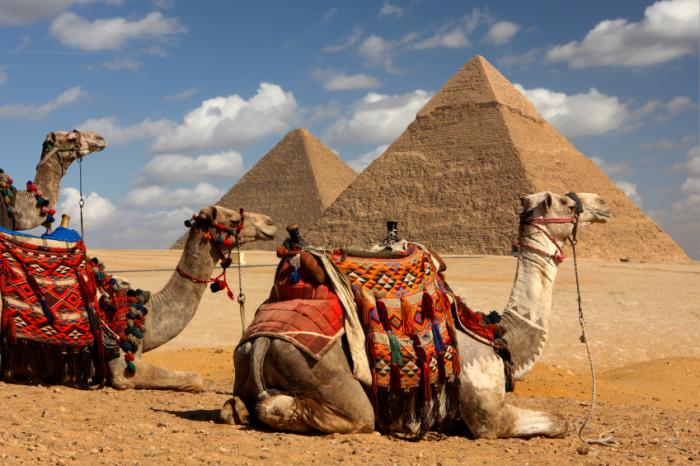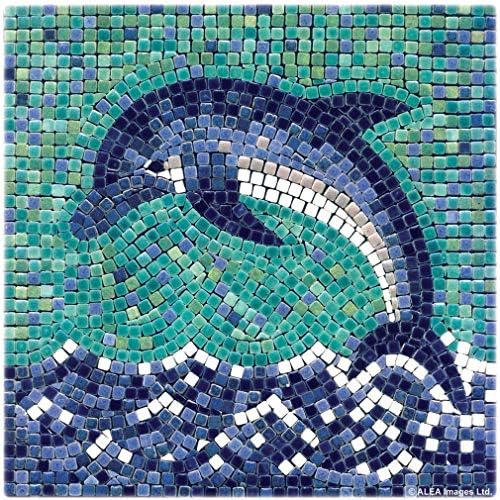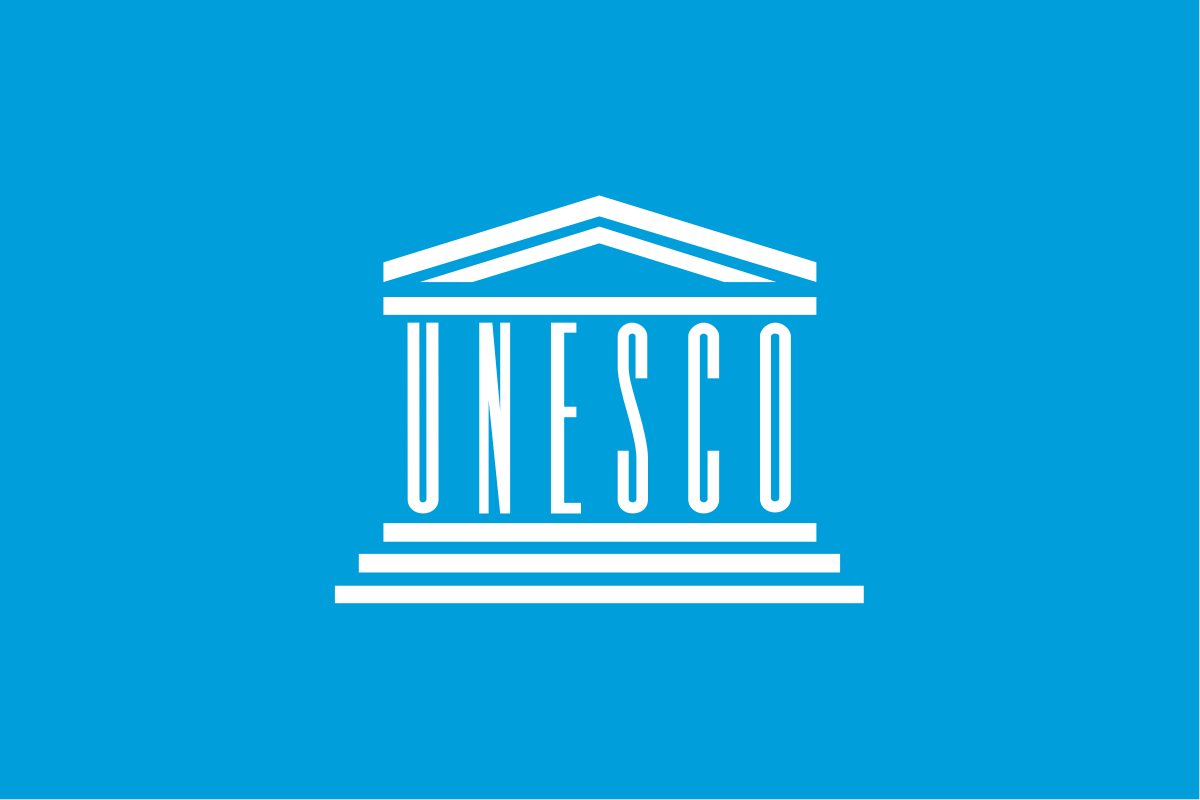Souvenir Sheet: Camel rider (Ajman 1972)
Camel rider (Ajman 1972)
01 January (Ajman ) within release UNESCO campaing "Save Venice": Mosaics from St Mark's Basili goes into circulation Souvenir Sheet Camel rider face value 75 United Arab Emirates dirham
| Souvenir Sheet Camel rider in catalogues | |
|---|---|
| Michel: | Mi: AJ BL478B |
Souvenir Sheet is horizontal format.
Also in the issue UNESCO campaing "Save Venice": Mosaics from St Mark's Basili:
- Stamp - Camel Rider face value 75;
- Stamp - Christ as Victor face value 1;
- Stamp - Noah Releasing a Pigeon face value 1.25;
- Stamp - Crucifixion face value 1.50;
- Stamp - Entry into Jerusalem face value 2;
- Stamp - God makes a covenant with Noah face value 2.50;
- Souvenir Sheet - Camel rider face value 75;
- Souvenir Sheet - Camel rider face value 75;
- Stamp - Camel Rider face value 75;
Souvenir Sheet Camel rider it reflects the thematic directions:
A camel (from Latin: camelus and Greek: κάμηλος (kamēlos) from Ancient Semitic: gāmāl) is an even-toed ungulate in the genus Camelus that bears distinctive fatty deposits known as "humps" on its back. Camels have long been domesticated and, as livestock, they provide food (camel milk and meat) and textiles (fiber and felt from camel hair). Camels are working animals especially suited to their desert habitat and are a vital means of transport for passengers and cargo. There are three surviving species of camel. The one-humped dromedary makes up 94% of the world's camel population, and the two-humped Bactrian camel makes up 6%. The wild Bactrian camel is a separate species and is now critically endangered.
A mosaic is a pattern or image made of small regular or irregular pieces of colored stone, glass or ceramic, held in place by plaster/mortar, and covering a surface. Mosaics are often used as floor and wall decoration, and were particularly popular in the Ancient Roman world.
The United Nations Educational, Scientific and Cultural Organization (UNESCO; pronounced /juːˈnɛskoʊ/) is a specialized agency of the United Nations (UN) with the aim of promoting world peace and security through international cooperation in education, arts, sciences and culture. It has 194 member states and 12 associate members,as well as partners in the non-governmental, intergovernmental and private sector. Headquartered in Paris, France, UNESCO has 53 regional field offices and 199 national commissions




